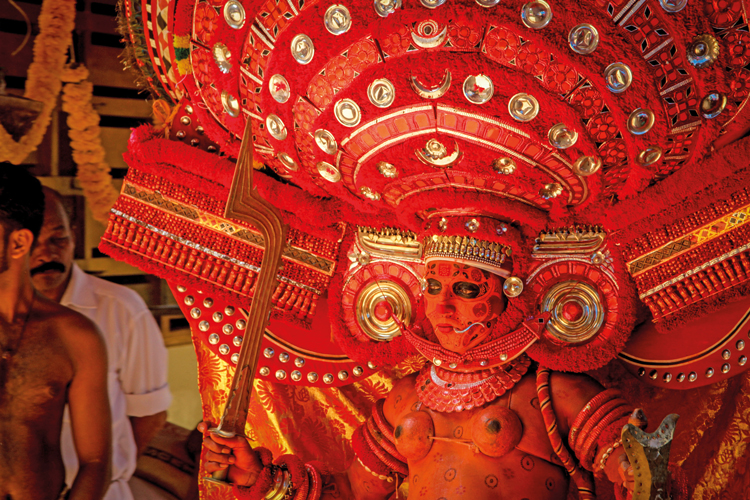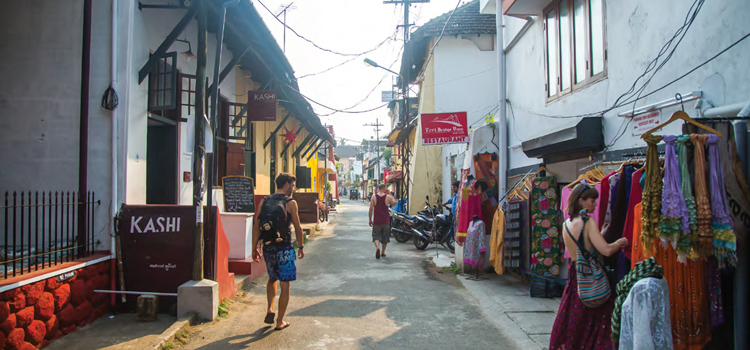Conversation
Unleashing the Power: Scorpio Lunar Eclipse on May 5th Signals Major Transformation Ahead
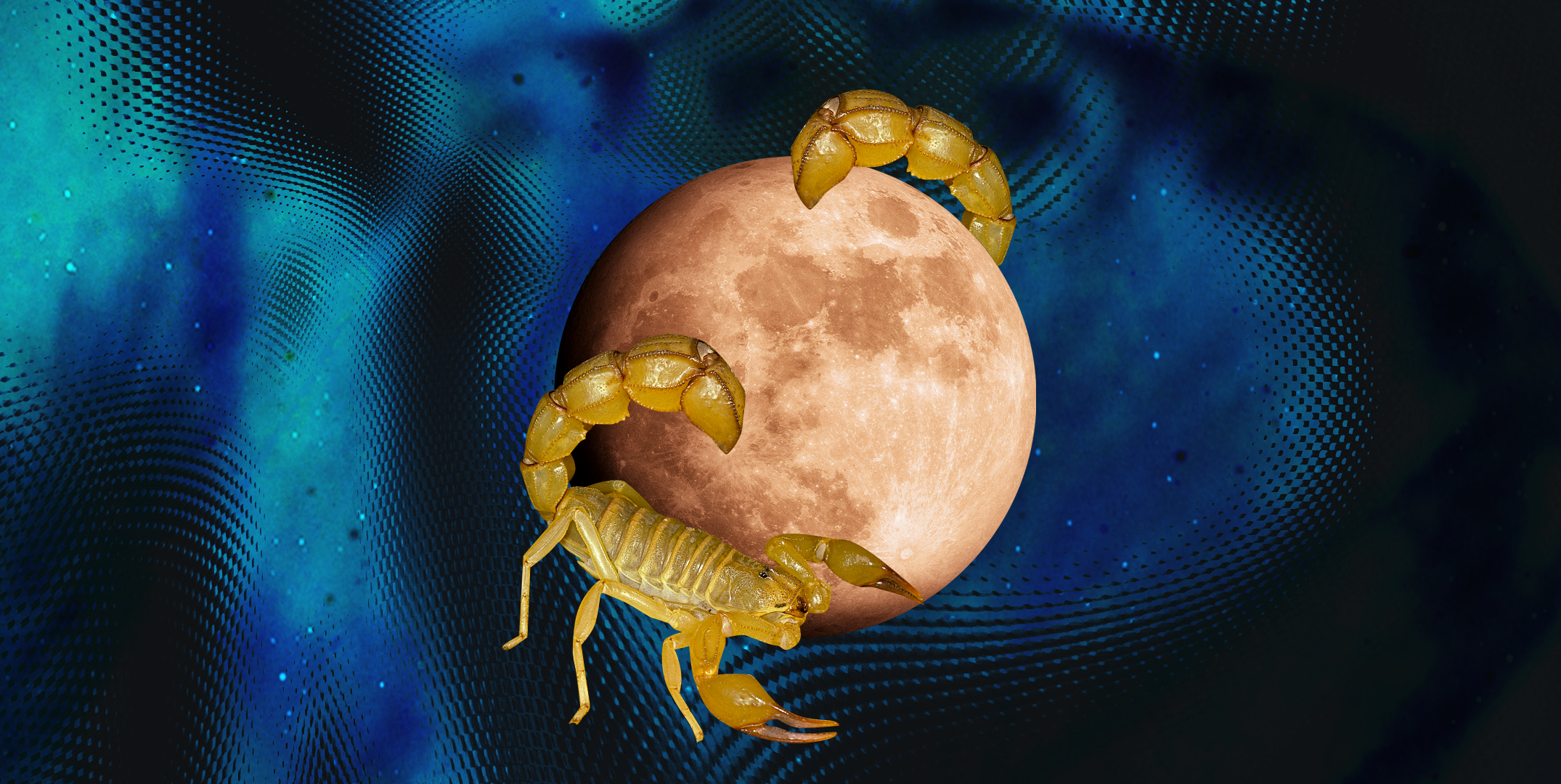
The cosmos are gearing up for a powerful event: the May 5th lunar eclipse in Scorpio. This celestial spectacle promises to be a transformative experience that will shake us to the core. As the full moon aligns with the sun and the Earth casts its shadow, Scorpio’s dark and intense energy will be unleashed, inviting us to confront our deepest fears and desires.
Scorpio, known for its enigmatic nature and passionate intensity, is the zodiac’s most enigmatic and mysterious sign. It’s associated with death, rebirth, and transformation, making this lunar eclipse an auspicious time for letting go of old patterns and embracing a new, more authentic way of being. The Scorpio energy is all about digging deep into the shadows, exploring our subconscious minds, and facing the truth no matter how uncomfortable it may be.

During this lunar eclipse, we can expect intense emotions to surface, bringing to light buried feelings and hidden desires. Scorpio’s energy is not one to shy away from the taboo or the uncomfortable, and neither should we. It’s time to confront the parts of ourselves that we’ve been keeping hidden, and to embrace our true selves.
As we navigate this intense energy, it’s important to remember to practice self-care and self-love. Scorpio’s energy can be overwhelming, so be sure to take breaks and ground yourself when needed. The lunar eclipse is an opportunity for growth and transformation, but it’s up to us to take the necessary steps to harness this energy and make the most of this powerful celestial event.
In conclusion, the May 5th lunar eclipse in Scorpio is a powerful and transformative event that promises to shake us to our core. It’s an opportunity to face our fears, embrace our desires, and transform ourselves from the inside out. So, get ready to unleash your inner Scorpio and embrace the intensity of this celestial event.
Conversation
Netflix’s Cleopatra: A Controversial Provocation Egypt Could Do Without
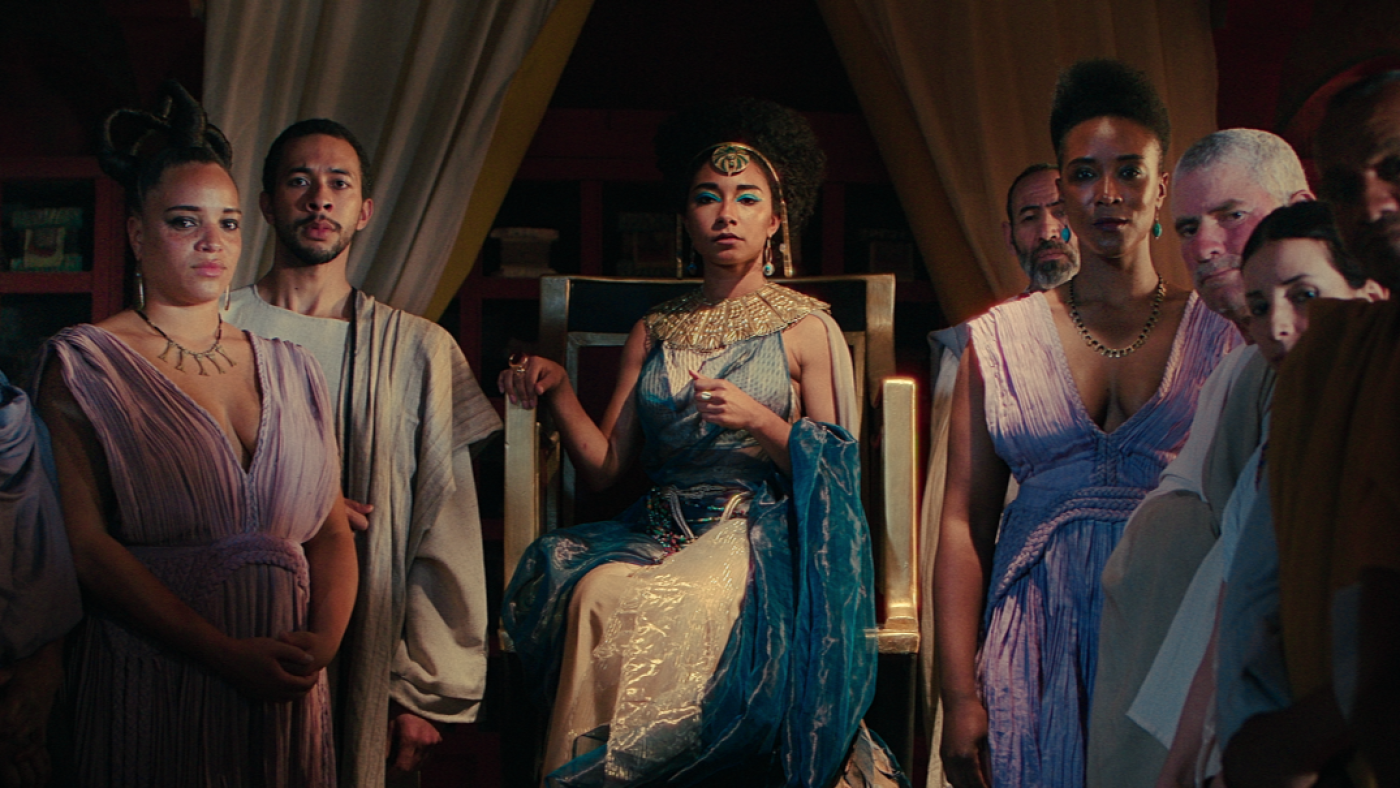
In the realm of streaming content, Netflix’s Cleopatra has recently grabbed attention, trending on most-watched charts amidst a contrived controversy over the casting of a Black actress in the iconic titular role. Produced by Jada Pinkett-Smith, this installment is the second in her ‘African Queens’ series, which has stirred debates surrounding representation and historical accuracy. However, the current state of Egypt, grappling with numerous challenges, suggests that this provocative series is the last thing the nation needs.
The portrayal of Cleopatra has always been intertwined with fascination and debate, particularly centered around her appearance rather than her race, in historical accounts. The Hollywood industry, historically dominated by white executives, had marginalized Black talent, deeming them unmarketable and unworthy of significant roles. The industry’s limited embrace of Black stories in the past was primarily driven by profit rather than genuine progressivism.
In the case of Netflix’s Queen Cleopatra, the casting of a Black performer in the lead role was destined to ignite controversy, especially among Egyptians increasingly hostile towards Afrocentrism. However, the preceding installment of the ‘African Queens’ series, Njinga, did not generate significant interest or impact, lacking the depth to stimulate intellectual discourse.
Director Tina Gharavi’s previous works, while sincere in their storytelling, did not display visionary filmmaking challenging the conventional Anglophone documentary style. Despite this, Netflix and Pinkett-Smith effectively employed marketing tactics, leveraging the race card to generate buzz around Cleopatra, ultimately leading to its elevated position in the charts.
Disappointingly, Queen Cleopatra fails to offer any fresh insights into the Egyptian icon. The four episodes follow a predictable and formulaic narrative structure, focusing on Cleopatra’s rise and fall without delving into her race. The series, featuring medium close-up interviews with academics predominantly from American and British institutions, coupled with lackluster dramatizations, fails to engage viewers or provide an aesthetically distinct perspective.
The show’s emphasis on Cleopatra’s physical beauty and sensationalized elements aligns with Netflix’s faux-liberal gender and sexual politics, which are often presented simplistically and lacking depth. While the representation of minority groups in film and TV is an important concern, solely focusing on representation can overshadow other vital aspects, such as artistry, film history, and the political use of aesthetics.
Critics and viewers fixated on the racial depiction of Cleopatra, generating substantial media coverage and overlooking the artistic value and storytelling approaches employed in the series. Amidst the heightened racial discourse, the nuances of Egypt’s complex relationship with blackness have been lost. Egypt’s struggle with economic crises, political challenges, and external influences leaves the nation feeling helpless and disheartened.
In its current state of turmoil, Egypt seeks a savior and is grappling with collective defeat, making the Netflix provocation an unwelcome addition. The nation, deprived of agency and self-determination, holds onto its historical heritage, which has been plundered by the West for centuries. In such circumstances, a reframing of their own history, even in the form of a fictional series, elicits a strong reaction from a nation grappling with numerous challenges.
Ultimately, while the casting controversy surrounding Netflix’s Cleopatra has sparked discussions on representation and historical accuracy, Egypt’s broken state and desperate need for stability and self-determination make this provocative series an unnecessary and untimely distraction.
Art
8 Best Podcasts of 2020

To the people who doesn’t know what a podcast is- it’s pretty much like a radio show and is released in a streamable or downloadable format through various sites. You can access to millions of podcasts in many genres from anywhere you have internet access.
Here’s a list of podcasts for you to listen:
The Musafir Stories – India Travel Podcast

The Musafir Stories is a wonderful online podcast that talks about iconic and, in fact, all sorts of travel destinations. The podcast series is hosted by Saif Omar and Faiza Khan who talk to fellow travellers about their various adventures across India.
Available on iTunes, Google podcasts, JioSaavn, and Spotify.
https://themusafirstories.com/
Second Life

This online podcast is hosted by Hillary Kerr from the well-known fashion publication Who What Where and it chronicles the career changes of its many guests. It spotlights successful women who’ve made major career changes.
You can listen to her episodes on Apple podcast, Spotify, and Podbean.
https://www.secondlifepod.com/
In The Dark

In The Dark’s content is about uncovering the world’s most iconic crime cases. In short, it’s an investigative journalism podcast, hosted and narrated by Madeleine Baran.
You can listen to it on Apple Podcast, Stitcher, and Podbean.
https://www.stitcher.com/podcast/american-public-media/in-the-dark-apm
The Passion People Podcast

The Passion People Podcast is a series of conversations about following a passion and how to manifest it. There are several conversations with experts, entrepreneurs, and icons that inspire the listeners, and the show is hosted by Naga Subramanya.
You can find the podcast on Stitcher, Apple Podcast, and JioSaavn.
https://www.stitcher.com/podcast/naga-subramanya-b-b/the-passion-people-podcast
GayBCD

GayBCD is an online podcast that seeks to understand what it means to be queer in today’s time. It’s hosted by Sunetro Lahiri and Farhad Karkaria and is created by IVM Podcasts. You can expect to find funny and comforting discussions about coming out and how a sense of humour, wisdom, and parlance play such an important role in understanding yourself better as a person.
This podcast series is easily available on YouTube, Stitcher, JioSaavn, and Apple Podcast.
https://www.stitcher.com/podcast/indus-vox/gaybcd
Harry Potter at Home

Harry Potter At Home is a new series by the Wizarding World that has famous names from entertainment, music, and sports reading chapters from Harry Potter And The Philosopher’s Stone, and the magic is still alive. They currently have the first two chapters out – the first by Daniel Radcliffe and the second by Noma Dumezweni.
You can listen to the series on Spotify and a video version is available on Wizarding World.
https://open.spotify.com/show/2JUljwaD9fNSeq8Vy3UAUp
Maed in India

Maed in India prides itself on being India’s first indie music podcast and features conversations with, well, independent musicians from India and abroad. From unreleased music to unknown music stories, they have it all. It’s great for discovering new music, too.
You can listen to this podcast on iTunes, Spotify, JioSaavn, Podbean, Google Podcasts, and Stitcher.
https://maedinindia.fanlink.to/podcast
The Corner Flag

Indian fans of the European and Worldwide football can rejoice in this chat show about sports with comedian Amogh Ranadive. If you like hearing commentary on the latest Premiere league (or other) antics with an Indian twist this might just be the Indian chat show for you.
You can listen to this podcast on Spotify
Conversation
Plan@Earth and their move towards making waste a resource

RECYCLE. RE-USE. UP-CYCLE.
Plan@Earth is a Kochi based NGO working to make waste a resource. Their aim is to work towards a waste-free future where utilization becomes the norm. Their core area of interests is – Recycling, Reusing, and Upcycling. Plan@Earth opens up with WtzupKochi and tells us more about how it all began and about their upcoming projects.
- What influenced you to start this organization?-
Back in 2006 we did some Clean Ups in tourist sports with volunteers but found there was no “taker” for what is cleaned up, again seeing the roads strewn with plastic garbage, we felt we need to get something going
- What are the key indicators you use to measure your impact?
The number of houses, weights coming in, weights sorted, weights sent for recycling, weights sent for upcycling are few of the indicators that we use to determine the result.
- Any specific NGOs that have influenced you to start Plan@Earth?-
Not sure about this
- What makes you stand out from other NGOs?
We quantify and document everything we do and we have an entire operation for upcycling and recovery
- In hindsight, what do you think of the people’s involvement in environmental initiatives and waste management? What have you learned in the process of engaging citizens?
Takes time, a community based social change takes a lot of time. It involves an unlearning first before the learning can happen, public prefers to blame authorities for whatever they generate as waste

- What are your upcoming projects?
Mostly the upcycling project, we have an SMS reminder for households, we make the community responsible for waste its members generate, as part of the reduction strategy for plastic
- Do you think middle-class awakening and voluntarism, which have played a major role in neighborhood waste management over the years, have died out?
Some residents do take responsibility and initiative and so far we have 24 independent residents associations that have the so-called “awakening”
- How would you bring this activity to the attention of the society? For instance, you would want people to use cloth bags over plastic, but often, people forget about it and continue using plastic bags. How do you deal with such things?
Frankly speaking, such habits do not change overnight, even by force it won’t change, what is needed is the concern. In Kerala especially, what is lacking is the concern.
- What are the hurdles you faced to enhance the habit of reusing and recycling?
Easy access to plastic, low cost of plastic, lack of concern
- Does your organization have both employees and volunteers? What kind of support are you getting from the people of Kochi?
A few of them are employed, most of them are volunteers, at the grass root level- from door to door collection, sorting etc. We have SHG models. Public support from the people of Kochi? Oh yes, we get some “likes” on our FB page.

- You are doing great in Kochi. Do you have any plans for expanding your business to other cities?
Not too keen on expanding, because, it takes too much of a toll on our energy and leaves us drained. It is an uphill struggle and since neither the state nor the central govt has no intention of funding such operations, we have no plans to expand.
- Do you think people have started changing? How do you gain support from the community?
Yes, the change has definitely started but like I said it is a change that moves at snail’s pace.
- Your NGO is also associated with social entrepreneurship like promoting or selling eco-friendly bags. Who is your target audience? How is the response?
Our target audience is mostly college students and parents of school kids.The response is very heartening.
14. What significant changes do you foresee in the near future?
Not in the near future, but in the distant future people would accept that global warming, climate change, pollution, deforestation are all happening for real. But by then it could be too take. Okhi was enough writing on the wall, it’s almost like people are waiting for a major calamity before they actually realize that we ourselves are killing our marine life, polluting our oceans and the Delhi air pollution is not too distant from happening in Kochi.

Let us all try and contribute our little bit towards making this world a better place to live in.
-
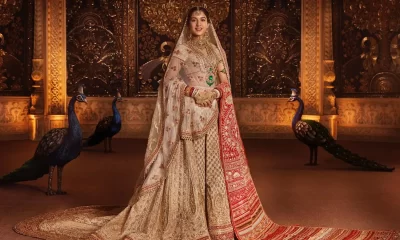
 Style11 months ago
Style11 months agoBridal Guide : Best Looks of Radhika Merchant Ambani
-
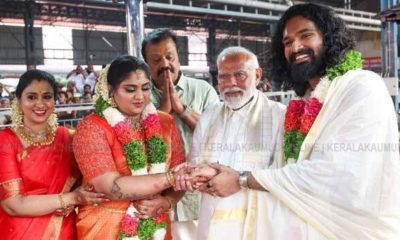
 Entertainment1 year ago
Entertainment1 year agoThe Stunning looks from Bhagya Suresh’s Wedding
-
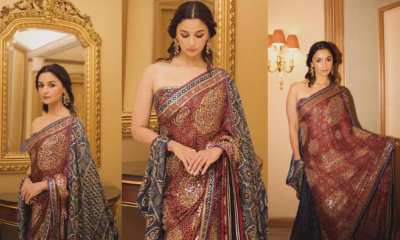
 Fashion1 year ago
Fashion1 year agoMost Discussed Ajrakh Saree of Alia Bhatt
-
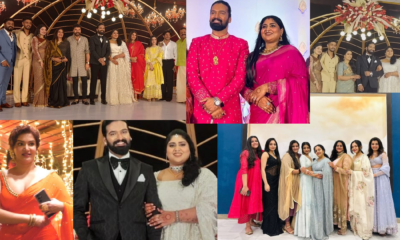
 Entertainment1 year ago
Entertainment1 year agoThe Most Stylish Guests of Bhagya Suresh Reception
-

 Entertainment1 year ago
Entertainment1 year agoBridal Bliss : All Bridal Looks of Swasika Vijay
-
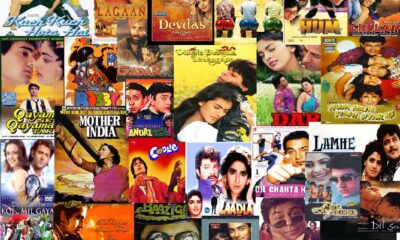
 Movies1 year ago
Movies1 year agoA Nostalgic Journey Through Love &Cinema : Best Bollywood Romantic 90s Movies
-

 Fashion1 year ago
Fashion1 year agoMajor Denim Trends You Need To Know in 2024
-

 AD8 months ago
AD8 months agoPopular Curtain Fabrics to Consider for Your Home





